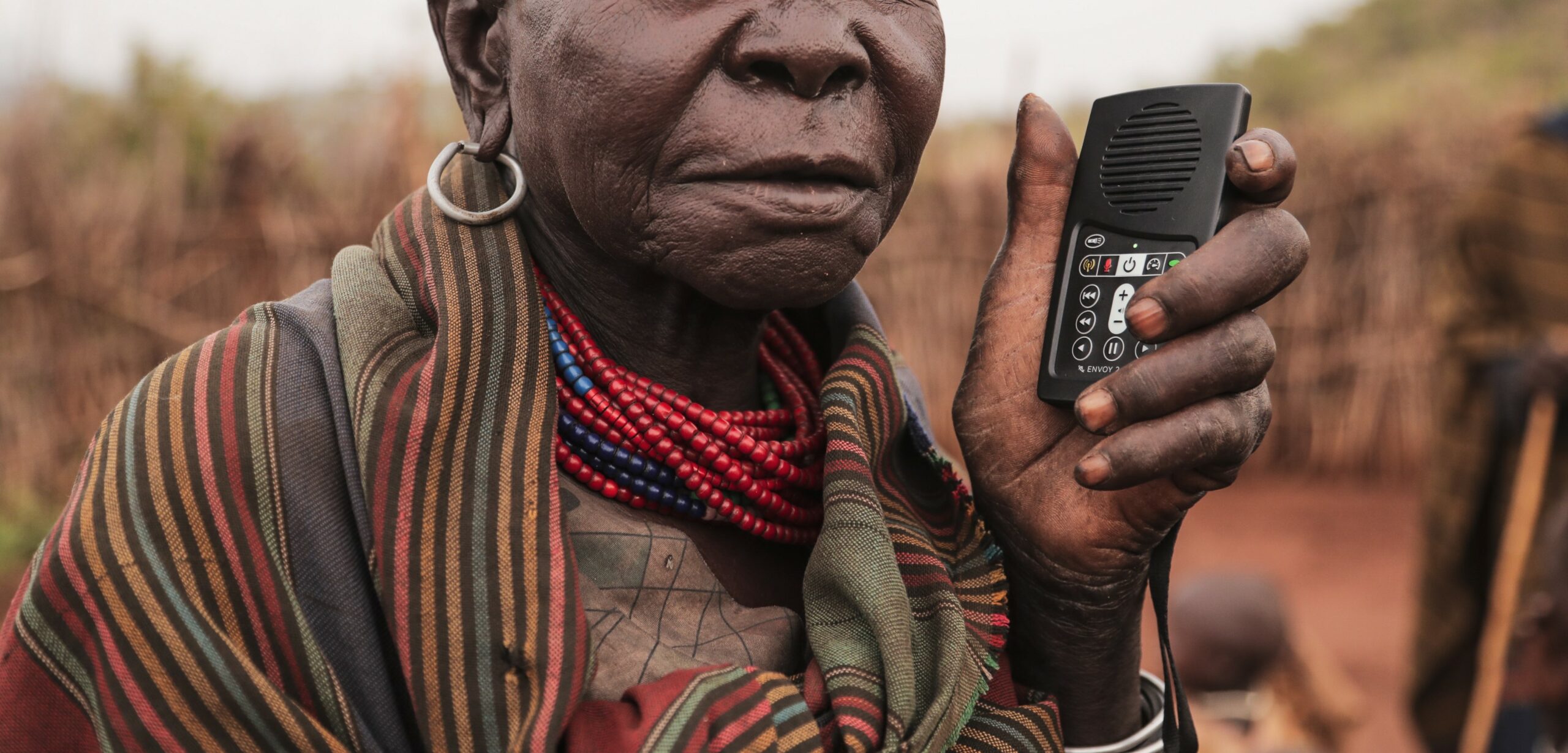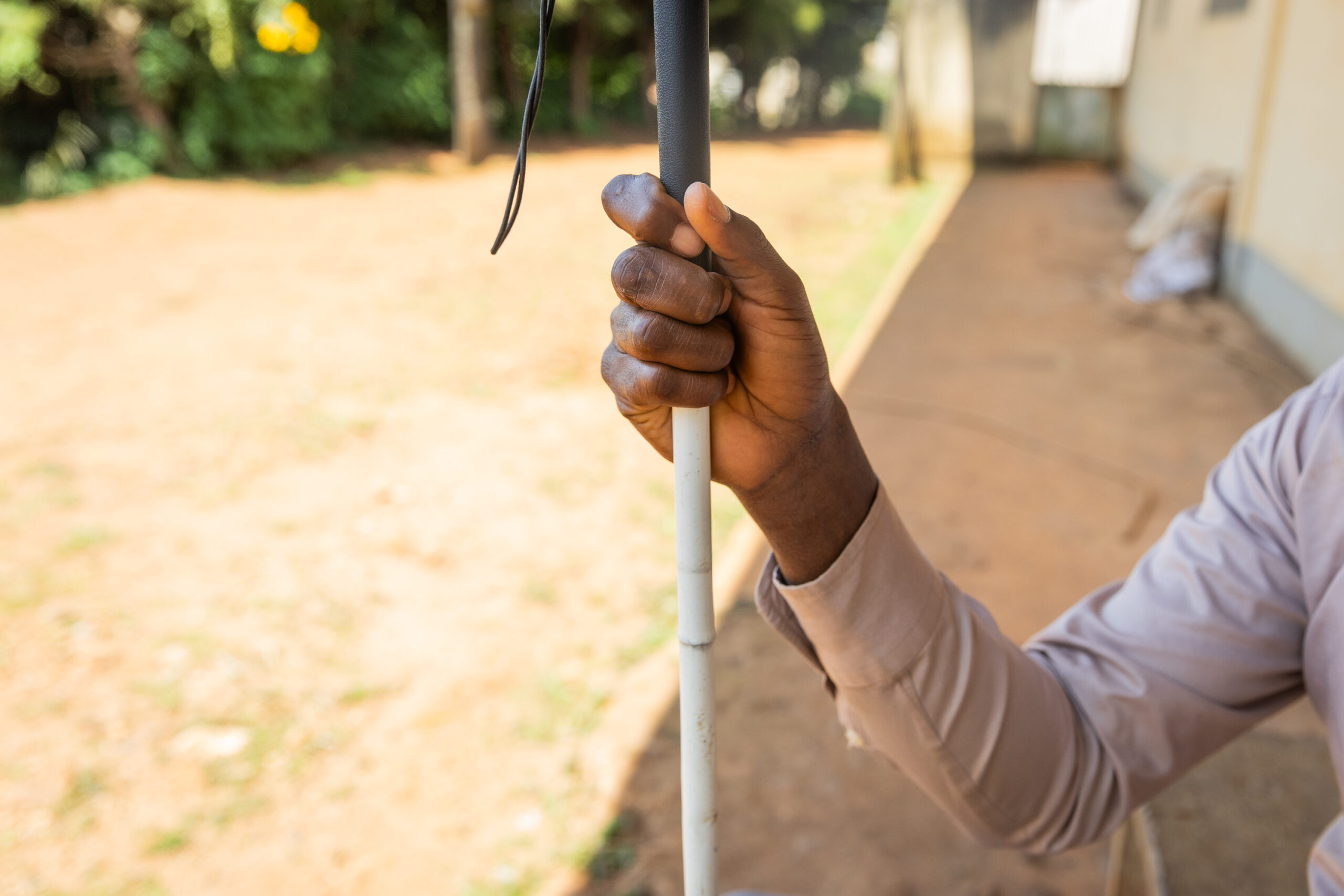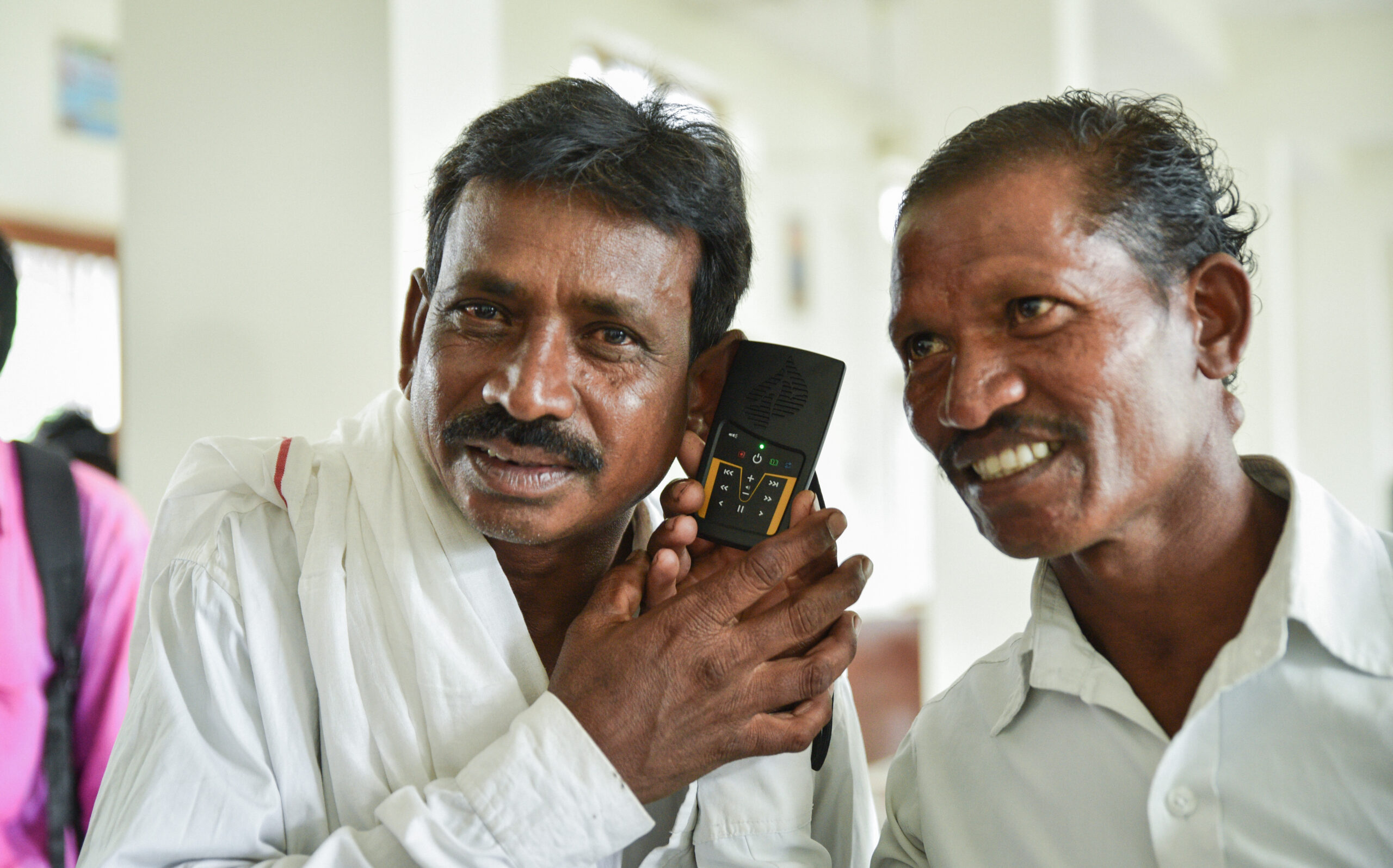6 July 2024
Are you looking to help spread the Gospel in a unique and effective way?
Consider donating to MegaVoice International today to support our critical work!
In many rural communities around the world, oral learning and oral traditions play a pivotal role in preserving culture, history, and education. Oral tradition, by definition, is the practice of passing down stories, knowledge, and cultural values through spoken word rather than written text. This method of knowledge transfer is especially crucial in regions with high illiteracy rates or limited access to formal education and printed materials.
What Is Oral Tradition?
Oral tradition refers to the transmission of cultural narratives, folklore, and historical accounts through spoken word from one generation to the next. This practice is foundational in many societies, particularly those with limited literacy. Oral traditions encompass a wide range of storytelling methods, including myths, legends, proverbs, songs, and historical recounting. For example, West African oral traditions are renowned for their rich storytelling, which conveys the history and moral values of their communities. Similarly, Native American oral traditions preserve the histories and spiritual beliefs of various tribes through intricate storytelling techniques. Let’s look at two specific examples:
- African Oral Traditions: The Griots in West Africa serve as living repositories of history, passing down genealogies, historical events, and cultural practices through song and storytelling.
- Hopi Oral Traditions: The Hopi people of North America maintain their cultural heritage through oral narratives that encompass their origin stories, religious beliefs, and social values.
Importance of Oral Traditions in Rural Communities
In rural communities, where access to books and education can be scarce, oral traditions serve as a crucial means of preserving and disseminating knowledge. According to UNESCO, the global adult literacy rate is around 86%, which means that over 750 million adults remain illiterate, with a significant concentration in rural areas such as South Asia and sub-Saharan Africa. Many of these rural communities still rely on oral learning as a lifeline for cultural continuity and education.
Challenges of Literacy in Rural Communities
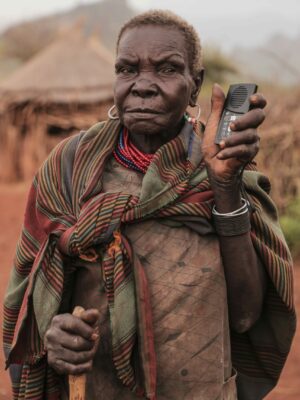
This lack of literacy limits access to printed religious texts, educational materials, and other resources vital for personal and communal development. For many, this means they may have never experienced the healing messages of the Gospel.
The Role of MegaVoice International’s Audio Bibles
Given the reliance on oral traditions and the high illiteracy rates in many rural communities, MegaVoice International’s audio Bibles offer an innovative and effective solution for spreading the Gospel. These devices — funded by generous donations from our supporters — are designed to overcome the barriers of illiteracy and lack of printed materials, providing access to the Bible in a format that aligns with the oral learning practices prevalent in these communities. They have revolutionized how the Gospel is shared, ensuring that geographical barriers, illiteracy, and persecution do not hinder the spread of God’s Word.
Supporting MegaVoice’s Mission
The importance of oral tradition in rural communities cannot be overstated. As a primary means of preserving and transmitting knowledge, oral traditions play a crucial role in maintaining cultural heritage and education in regions with limited literacy. MegaVoice International’s audio Bibles offer a powerful tool for spreading the Gospel in these areas, overcoming barriers of illiteracy, language, and accessibility. By supporting MegaVoice’s mission, donors can help bring the transformative power of the Gospel to those who need it most, ensuring that the message of hope and salvation reaches every corner of the globe.
To continue this impactful work, MegaVoice International relies on the support of donors and mission-minded Christians. Contributions help expand the reach of missionaries, ensuring that even the most remote and illiterate communities can access the Word of God. By donating to MegaVoice International, supporters can directly contribute to the spread of the Gospel and the preservation of oral traditions through modern technology.
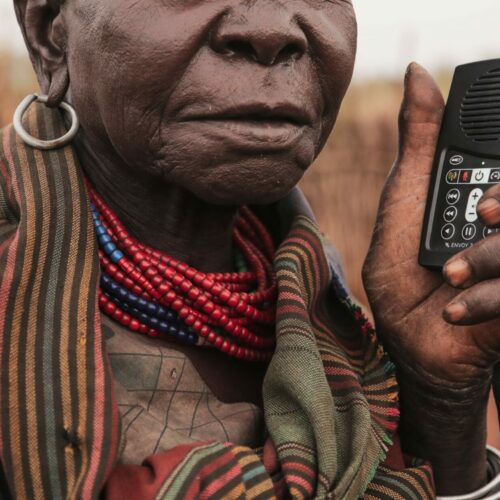
Guatemala
In Guatemala, the literacy rate is about 84%, with rural and indigenous communities having much lower rates. For example, in areas such as San Cristobal, high illiteracy rates hinder access to written Bibles. MegaVoice audio Bibles provide a practical solution, allowing communities to hear the Gospel in their native languages.
Sierra Leone
Sierra Leone has one of the lowest literacy rates in the world at around 47%, with nearly 2.5 million adults lacking literacy skills. MegaVoice audio Bibles have been vital in spreading the Gospel, as they cater to the oral learning traditions prevalent in the region.
The need for audio Bibles in remote and persecuted regions is clear. MegaVoice International’s ministry tools provide an effective and accessible way to spread the Gospel. Our devices overcome barriers of illiteracy, infrastructure, and persecution, making them indispensable for missionaries and believers in remote communities.
At MegaVoice International, we serve the global church with affordable, technologically advanced solar-powered audio Bibles and digital accessories. Finishing the task of reaching all humankind with the message of God’s love can seem daunting. However, with the ever-expanding use of our solar-powered audio Bibles, there is a growing sense of hope that the task can be accomplished as ministries around the world work together to finish the Great Commission.
If you are interested in getting involved, consider making a donation to support our critical work, or your ministry can partner with us in reaching the ends of the earth. By God’s grace, and working for His glory, together we’ll finish the task the Lord Jesus assigned to His followers.
